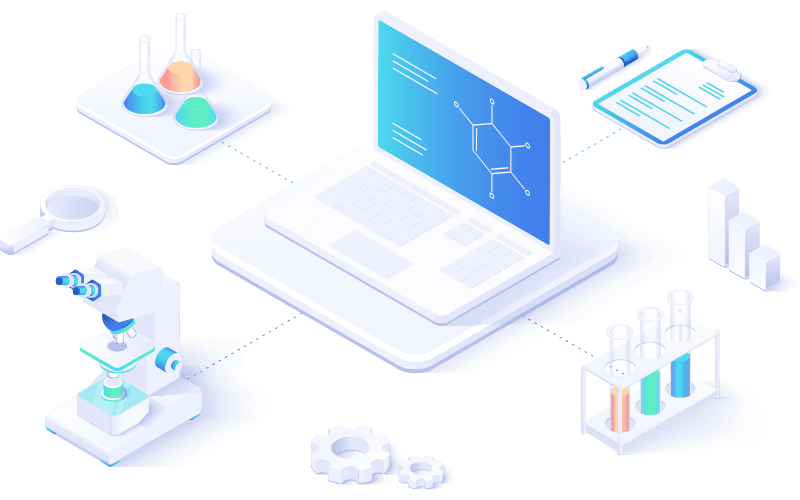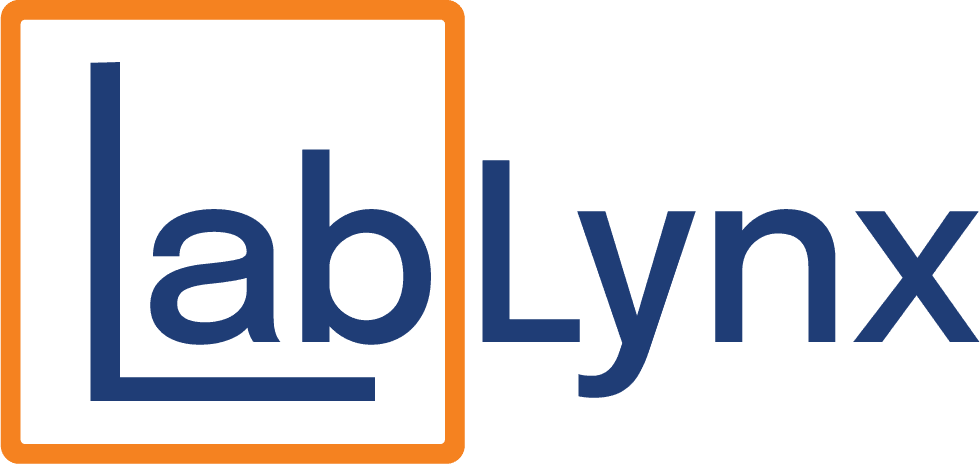
In clinical diagnostics, precision and reliability are not just important—they’re mission-critical. Laboratories that aim to lead in quality, patient safety, and regulatory compliance often seek accreditation from the College of American Pathologists (CAP). Recognized as one of the most rigorous and respected accreditation programs globally, CAP sets the benchmark for laboratory excellence.
CAP accreditation goes beyond minimum regulatory requirements, offering a framework for continuous quality improvement and excellence in laboratory medicine. In this article, we’ll explore what CAP accreditation is, what it looks like in a lab setting, how to achieve and maintain it, and how LabLynx laboratory software supports your lab throughout the process.
What Is CAP Accreditation?
The College of American Pathologists (CAP) is a physician-led organization that serves pathologists and laboratories worldwide. CAP’s Laboratory Accreditation Program (LAP) was established in 1961 and is recognized by the Centers for Medicare & Medicaid Services (CMS) as meeting or exceeding CLIA (Clinical Laboratory Improvement Amendments) requirements.
CAP accreditation involves a comprehensive, peer-based inspection process that evaluates a laboratory’s compliance with a checklist of over 3,000 detailed standards. These standards are updated regularly to reflect advances in laboratory science, evolving best practices, and regulatory changes.
CAP-accredited labs are viewed as leaders in diagnostic quality and operational integrity, often gaining a competitive edge when it comes to partnerships, funding, and patient trust.
What CAP Accreditation Looks Like in the Lab
Unlike routine inspections, CAP’s approach is built on a peer-review model. Inspectors are practicing laboratory professionals who understand the nuances of lab operations. Here’s what CAP compliance looks like in a real-world lab setting:
Checklist-Based Evaluation: Labs are assessed using a standardized checklist covering areas such as specimen handling, result reporting, quality control, safety, personnel competency, instrument calibration, and data management. Each standard must be met or corrective actions are required.
Biannual Inspections: CAP-accredited labs undergo a full on-site inspection every two years, with unannounced inspections possible. Labs are also required to perform self-inspections in alternating years.
Proficiency Testing (PT): Participation in CAP or equivalent proficiency testing programs is mandatory. Labs must demonstrate accurate results compared to peer institutions.
Personnel Competency: The lab must document ongoing training, qualifications, and competency assessments for all testing personnel, including technologists, directors, and pathologists.
Quality Management Systems (QMS): CAP emphasizes continuous improvement, requiring labs to implement systems for quality indicators, error tracking, and process optimization.
Document Control: Every policy, procedure, and form must be current, approved, and version-controlled. CAP inspectors closely review document management practices.
Key Requirements for CAP Accreditation
- CLIA Certification: Labs must already hold a valid CLIA certificate to be eligible for CAP accreditation.
- CAP Checklists: Labs must comply with discipline-specific checklist items that apply to their services and scope of testing.
- Self-Inspection: Labs must conduct and document internal reviews annually between official inspections.
- Corrective Actions: All deficiencies identified during inspections must be addressed with documented corrective action plans.
- Quality Control and Assurance: Labs must demonstrate robust processes for QC, QA, and continuous performance evaluation.
- Data Integrity: All test results, reports, and digital records must meet CAP’s standards for traceability and accuracy.
Steps to Achieve CAP Accreditation
- Apply for CAP Accreditation: Submit your application through the CAP website, including CLIA certification and basic lab information.
- Prepare for Initial Inspection: Review all applicable checklists, update documentation, verify QC protocols, and complete staff training and competency records.
- Conduct Self-Inspection: Use CAP tools to simulate a real inspection and identify any gaps in compliance before the on-site visit.
- Undergo the On-Site Inspection: A team of CAP-trained inspectors will evaluate all aspects of your lab, reviewing records, interviewing staff, and assessing compliance.
- Respond to Deficiencies: If any nonconformities are found, submit a plan of correction within 30 days.
- Maintain Compliance: Continue tracking CAP standards, performing internal reviews, and documenting quality improvements year-round.
Common Challenges in CAP Compliance
- Managing Documentation: CAP requires current, accurate, and version-controlled documentation for every SOP, policy, and record.
- Tracking Competency: Many labs struggle to maintain updated training logs, certifications, and performance assessments for all staff.
- Proficiency Testing Coordination: Missing or mishandling PT samples can impact accreditation status.
- Quality Indicator Monitoring: CAP expects labs to monitor error rates, specimen rejection trends, and turnaround times—then act on those metrics.
- Audit Readiness: Labs must always be inspection-ready, with records available on demand and systems functioning per CAP requirements.
How LabLynx Supports CAP Accreditation and Compliance
LabLynx offers advanced laboratory software designed to help labs manage every element of CAP compliance. From document control to QC management, our LIMS supports the operational, regulatory, and technical demands of a CAP-accredited environment.
- Checklist-Driven Workflows: Configure processes aligned with CAP checklist items to ensure ongoing compliance in daily operations.
- Document Management: Version, track, and approve SOPs, policies, and records within a centralized, searchable platform.
- Quality Control Automation: Schedule, perform, and record QC activities with alerts and audit trails built in.
- Competency Tracking: Record training, certifications, and assessments for all lab personnel, including automated expiration reminders.
- Audit and Inspection Tools: Generate real-time compliance reports, manage inspection readiness checklists, and log corrective actions directly within the system.
- Secure Data Integrity: All data is logged with timestamps, user IDs, and read-only audit trails to meet data traceability and retention requirements.
Set the Standard with CAP-Accredited Excellence
CAP accreditation is a hallmark of quality that reflects your lab’s commitment to excellence, safety, and regulatory integrity. With LabLynx, your laboratory is equipped with the tools to not only achieve accreditation—but to operate efficiently and confidently under its standards every day.
Whether you’re seeking your first CAP inspection or optimizing your systems between cycles, LabLynx can help you streamline compliance, strengthen quality programs, and uphold the highest standards of diagnostic care.
Ready to Align with CAP Standards?
Request a demo or talk to our compliance specialists to learn how LabLynx supports laboratories through every stage of CAP accreditation and quality improvement.
Accelerate Your Lab's Success & Experience LabLynx
"*" indicates required fields
Explore the LabLynx Suites

LIMS Suite
Seamless Sample and Workflow Management
The LabLynx LIMS Suite empowers laboratories with the tools needed to manage samples, workflows, compliance, and more in one centralized system. It’s the backbone for labs seeking efficient, reliable, and scalable management solutions.

ELN Suite
The LabLynx ELN Suite offers a modern approach to managing lab data and experiments. With its secure, intuitive platform, your team can record, store, and collaborate effortlessly, supporting innovation every step of the way.

Lab Automation
Automate for Efficiency and Growth
Streamline operations and boost productivity with the LabLynx Lab Automation Suite. Designed for labs ready to embrace advanced automation, this suite integrates systems, instruments, and workflows to deliver efficiency at scale.

